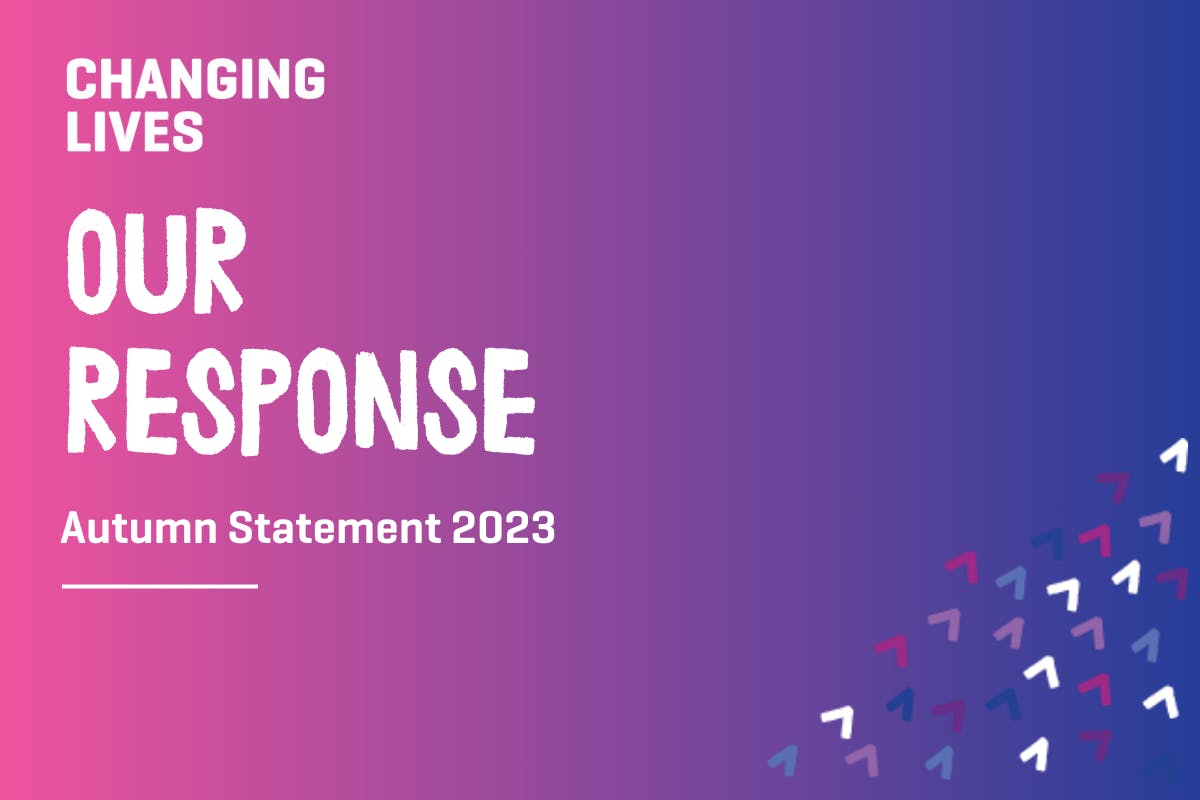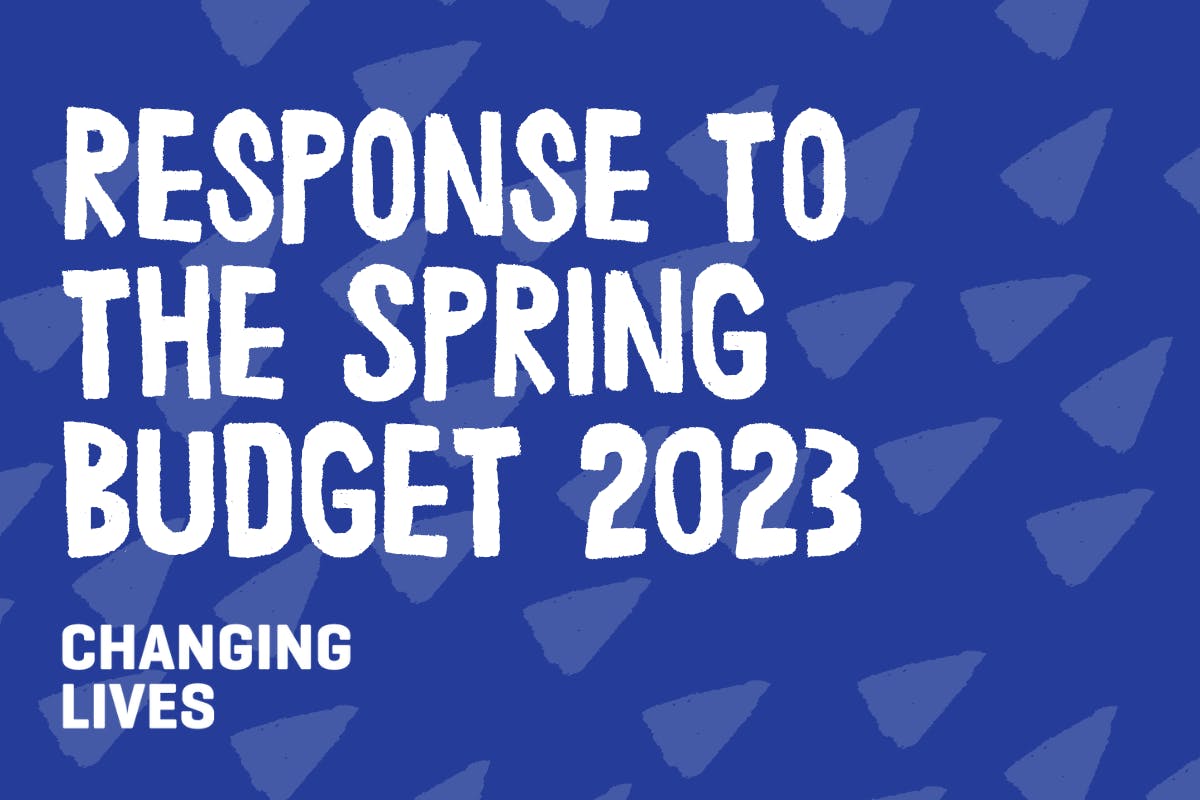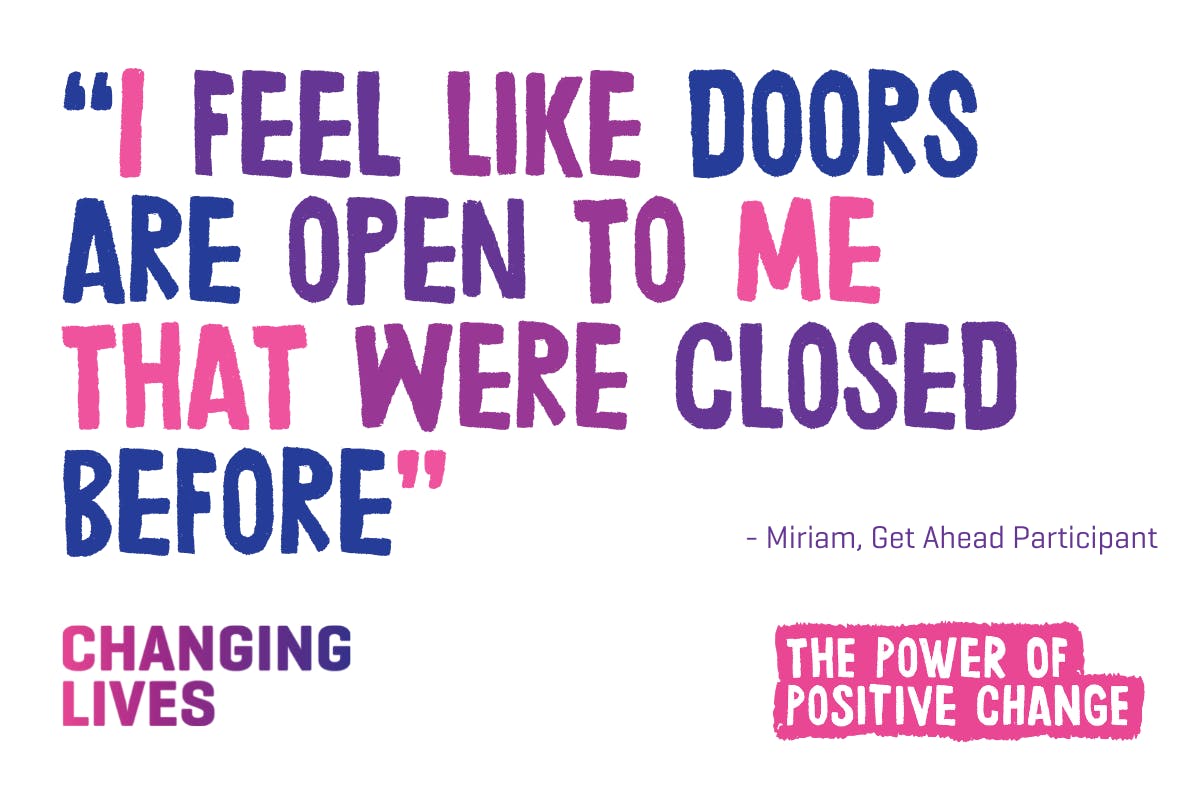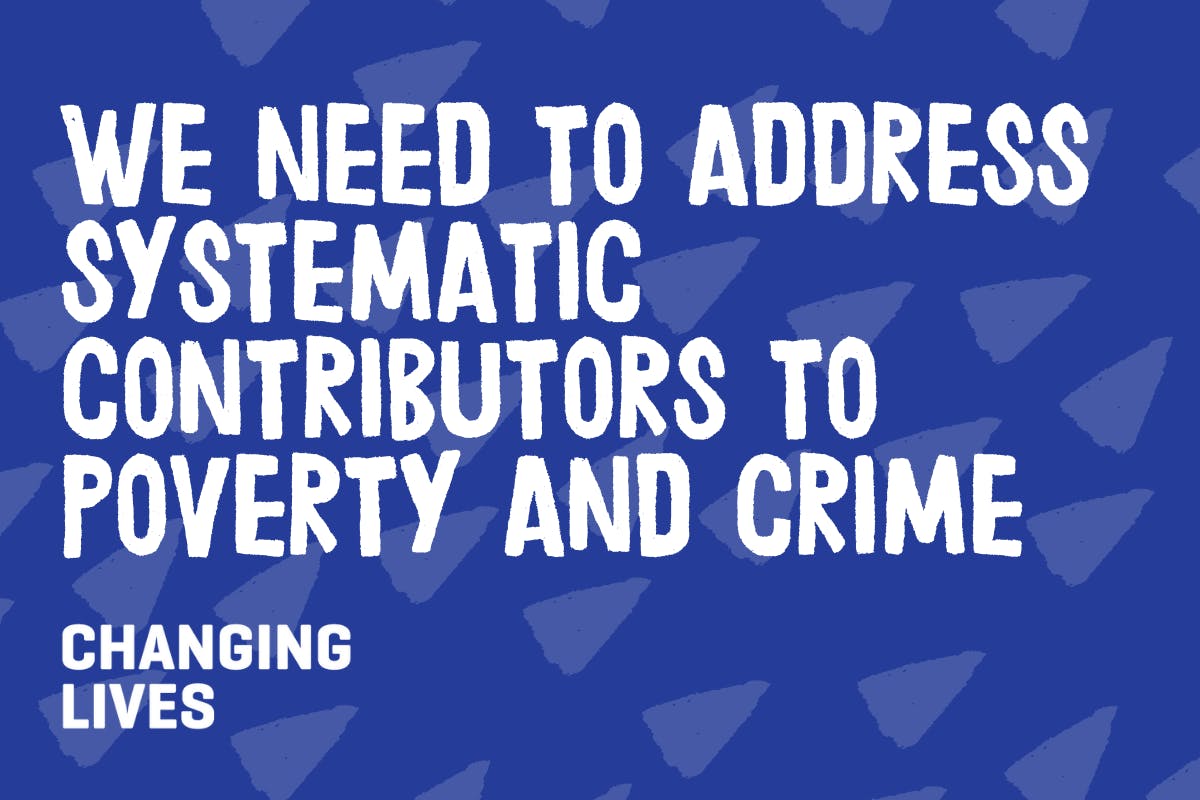Our Policy Manager, Philippa Rousell, reflects on the 2023 Autumn Statement.
Yesterday the Chancellor delivered his Autumn Statement, revealing how the government plans to spend its money over the next year.
There are several things that we welcome in the Statement as they will deliver better outcomes for the people we support, however other announcements give us concern.
We welcome the increase in the Local Housing Allowance (LHA) to the 30th percentile of market rents from April next year. As private rental prices have been rising alongside shortages in social housing, it has made it harder and harder for people on benefits to secure their own permanent home. Having your own home with your own front door is a monumental step for people who access our services. This will give more people access to the private rental sector and we urge the government to ensure that the LHA continues to rise with rental prices so we do not end up in the same situation in a few years’ time.
We welcome the increase in national living wage to £11.44 an hour for everyone aged over 21 years from April 2024. This will make it easier for people in low paid work to make ends meet and hopefully reduce in-work poverty, however we are concerned about the impact on small businesses and charities such as ourselves, who do not receive enough funding through our public service contracts to pay much more than the minimum wage. Our staff work tirelessly in often stressful and emotionally challenging jobs for not much more than you would earn stacking shelves at a supermarket – when that gap in pay closes further, jobs such as ours may seem less appealing. To be clear, we 100% support raising the national living wage, but funding for public services provided by charities also needs to rise to reflect this.
We also welcome confirmation that benefits will increase by 6.7% next year. This is still not enough, as simply increasing benefit rates in line with inflation does not address the fact that rates have been too low to live on for a while now, but given that there was talk of rates facing a real-terms cut, we are pleased that we are not facing what would have been a catastrophic outcome.
We already knew about many of the other big announcements about welfare, especially the changes for people who are off work due to long-term sickness or disability, who will now be expected to look for suitable work. The world of work is changing, says the government, with more flexible and home-working opportunities, so people who previously could not work should now do so. This is the same government who chastised the civil service for working from home too long and moved everyone back into the offices.
We think that, where it is possible, meaningful work is a great outcome for people, not only financially but for their wellbeing and sense of purpose. That is why we offer employment support for people with multiple barriers to work and celebrate their achievements. However we also know that a carrot and stick approach that is heavy on the stick is unlikely to be successful. Threatening someone who is already struggling with poor mental health with having their benefits removed, far from being motivation, will often lead to people’s health spiralling, only driving them further from the job market. Everyone who wants to and is able to work should be supported to do so, but we are immensely concerned about the impact this will have on people who just aren’t ready or who are engaging with systems that just aren’t ready to support them.
There is some support available, with the introduction of Universal Support and the Individual Placement Support schemes, but until this support is available everywhere alongside a sufficient number of suitable jobs, we will see more people driven into poverty, poorer health outcomes, and ultimately more deaths. Let’s focus more on empowering people and putting the frameworks in place to support them into the right jobs at the right time, rather than using threats and shame to beat people with.
Some good news, some bad news for the people we support. Regardless, we will continue to walk alongside them. Whether they’re moving into their own home that they can now afford, or facing crushing debt, we will be there with encouragement and practical support, and will continue raising our voice on their behalf.






